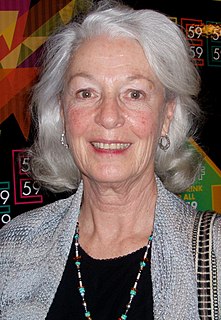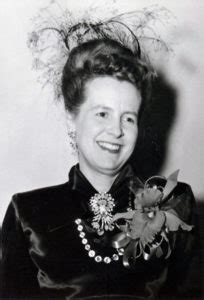A Quote by Paulo Coelho
A child can teach an adult three things: to be happy for no reason, to always be busy with something, and to know how to demand with all his might that which he desires.
Related Quotes
A child is an eager observer and is particularly attracted by the actions of the adults and wants to imitate them. In this regard an adult can have a kind of mission. He can be an inspiration for the child's actions, a kind of open book wherein a child can learn how to direct his own movements. But an adult, if he is to afford proper guidance, must always be calm and act slowly so that the child who is watching him can clearly see his actions in all their particulars.
When we teach a child to sing or play the flute, we teach her how to listen. When we teach her to draw, we teach her to see. When we teach a child to dance, we teach him about his body and about space, and when he acts on a stage, he learns about character and motivation. When we teach a child design, we reveal the geometry of the world. When we teach children about the folk and traditional arts and the great masterpieces of the world, we teach them to celebrate their roots and find their own place in history.
In certain circumstances where he experiments in new types of conduct by cooperating with his equals, the child is already an adult. There is an adult in every child and a child in every adult. ... There exist in the child certain attitudes and beliefs which intellectual development will more and more tend to eliminate: there are others which will acquire more and more importance. The later are not derived from the former but are partly antagonistic to them.
I've been making a list of the things they don't teach you at school. They don't teach you how to love somebody. They don't teach you how to be famous. They don't teach you how to be rich or how to be poor. They don't teach you how to walk away from someone you don't love any longer. They don't teach you how to know what's going on in someone else's mind. They don't teach you what to say to someone who's dying. They don't teach you anything worth knowing.
I did one year of school and I was doing correspondence school, which was actually another happy accident. Correspondence school is basically home school, but you teach yourself instead of your parents teaching you. I found that to be one of the most important things in my life is that I learned how to teach myself things. I feel like that's something that schools should actually teach.
God, teach me to be patient, teach me to go slow, Teach me how to wait on You when my way I do not know. Teach me sweet forbearance when things do not go right So I remain unruffled when others grow uptight. Teach me how to quiet my racing, rising heart So I might hear the answer You are trying to impart. Teach me to let go, dear God, and pray undisturbed until My heart is filled with inner peace and I learn to know your will.
Dear God, Please teach me to forgive myself and others. Remove the walls that keep love out, behind which I am a prisoner. Heal my guilt and remove my anger, that I might be reborn. Make gentle my heart and strong my spirit and show me how to love. Please show me how to honor myself. Please teach me how to listen to myself.
"Please program my mind to know itself, that I might at last be free. Teach me to appreciate your spirit that lives within me. Show me how to be good to myself, that I might know more fully the goodness of life. Amen
This story is about the Baudelaires. And they are the sort of people who know that there’s always something. Something to invent, something to read, something to bite, and something to do, to make a sanctuary, no matter how small. And for this reason, I am happy to say, the Baudelaires were very fortunate indeed.
Adults look upon a child as something empty that is to be filled through their own efforts, as something inert and helpless for which they must do everything, as something lacking an inner guide and in constant need of inner direction. . . . An adult who acts in this way, even though he may be convinced that he is filled with zeal, love, and a spirit of sacrifice on behalf of his child, unconsciously suppresses the development of the child's own personality.



































